.jpg&w=3840&q=75) Photo by: Jim Rodgers
Photo by: Jim RodgersAvian Ecology
The Avian Ecology Program conducts basic and applied research on Florida's birds with an emphasis on the biology of the Florida Scrub-Jay (Aphelocoma coerulescens). We study birds across natural and human-altered landscapes in central Florida. Through our work, we train young scientists, support land managers and conservation decision makers, and inspire people to conserve birds.
Program Information
More about this program
Scientific Illustration Internship
The Avian Ecology Program at Archbold Biological Station is seeking an art student interested in illustrating the story of Florida Scrub-Jay (FLSJ) conservation. This involves, but isn't limited to, depictions of research and management methods, unique animal behaviors, the history of FLSJs in FL, and other species in the Florida scrub habitat. The application is due March 1, 2024.
Primary Research Areas
Avian population ecology, Evolution of cooperative breeding, Behavioral ecology, Landscape genomics, Endangered species management and conservation
Primary Location(s)
Archbold Biological Station, Avon Park Air Force Range, Buck Island Ranch, Lake Wales Ridge, Florida Wildlife Corridor
People working in this program
Related Projects
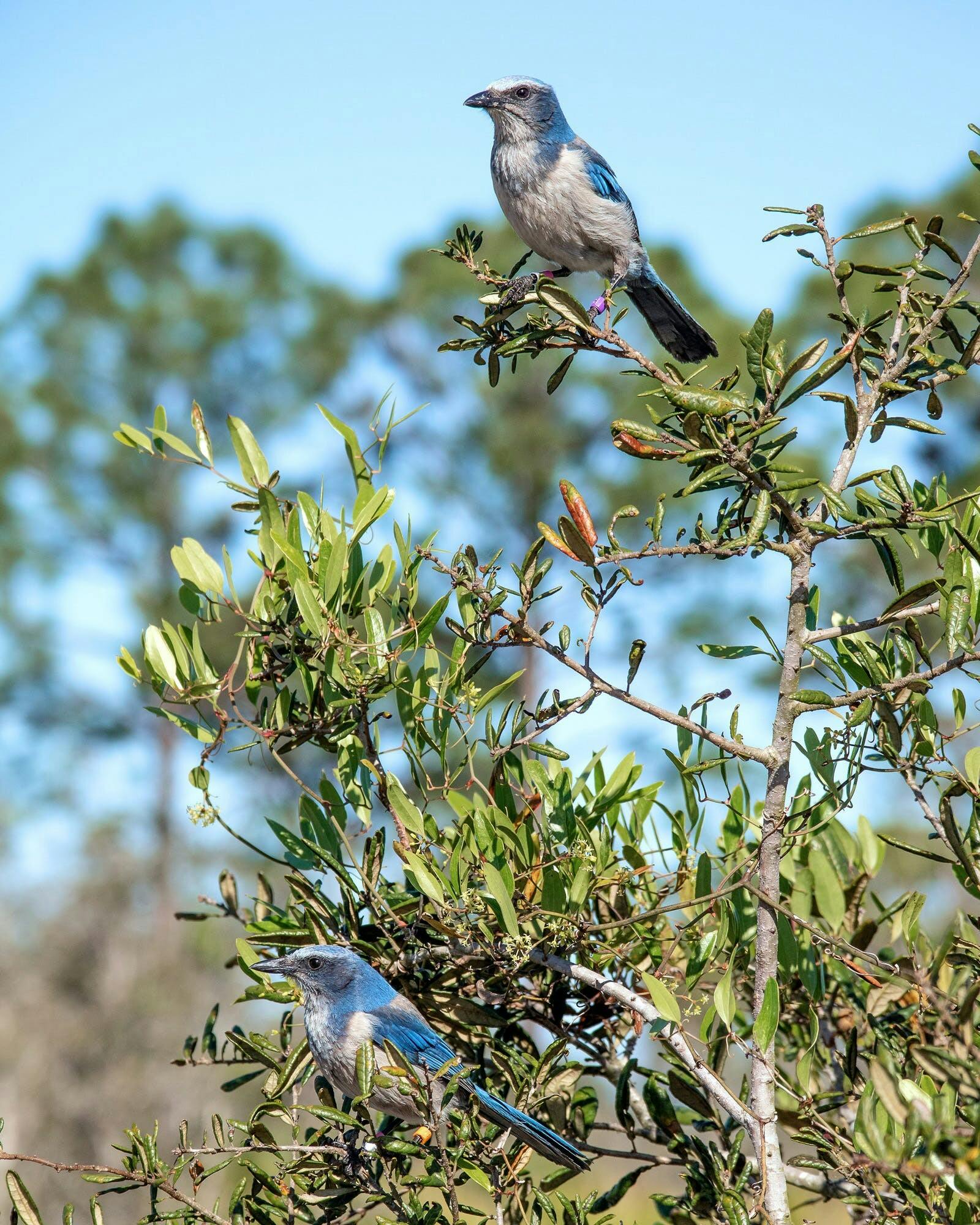 Photo by: Jim Rodgers
Photo by: Jim Rodgers.jpg&w=3840&q=75) Photo by: Tori Bakley
Photo by: Tori Bakley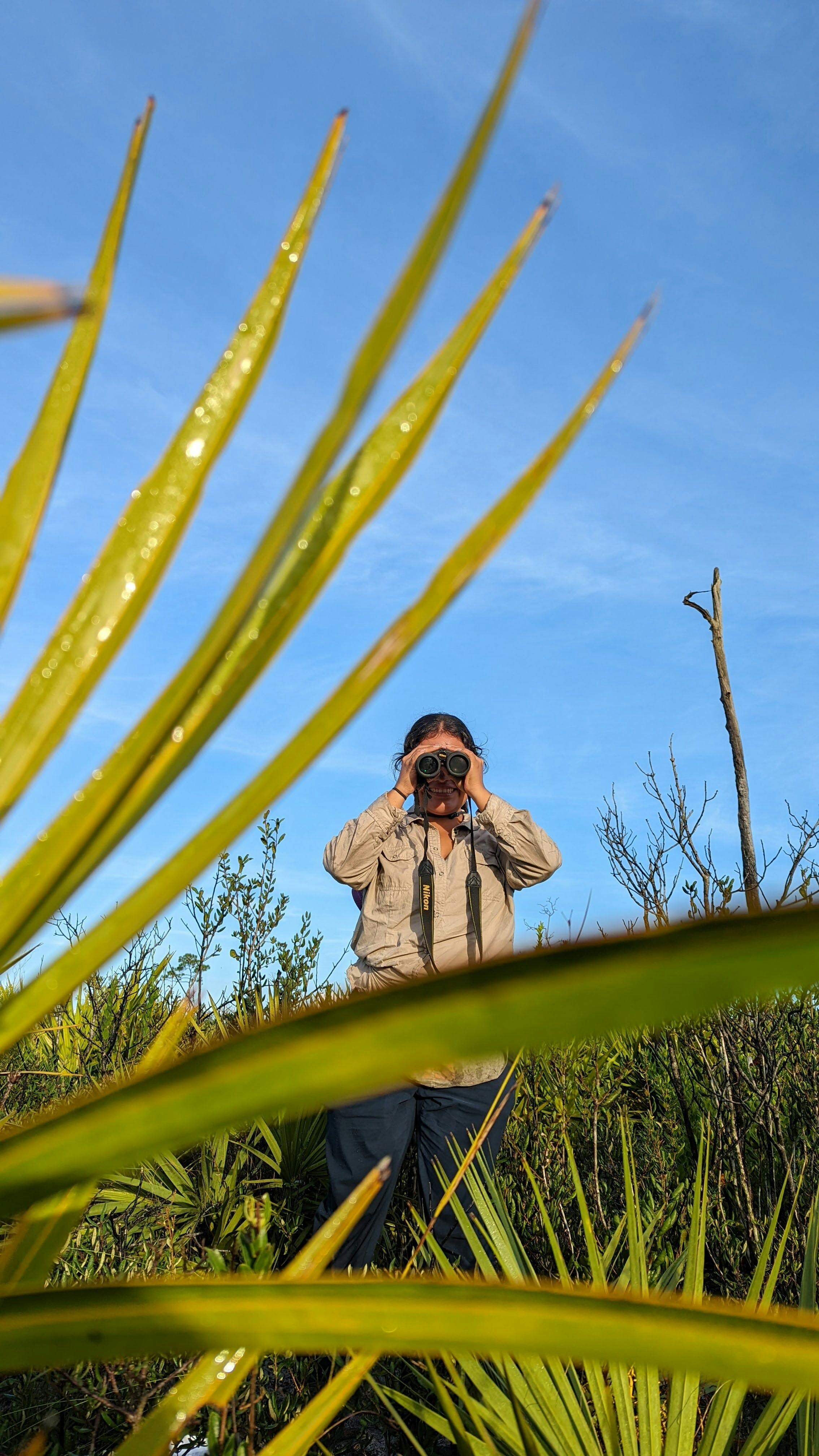 Photo by Tori Bakley
Photo by Tori Bakley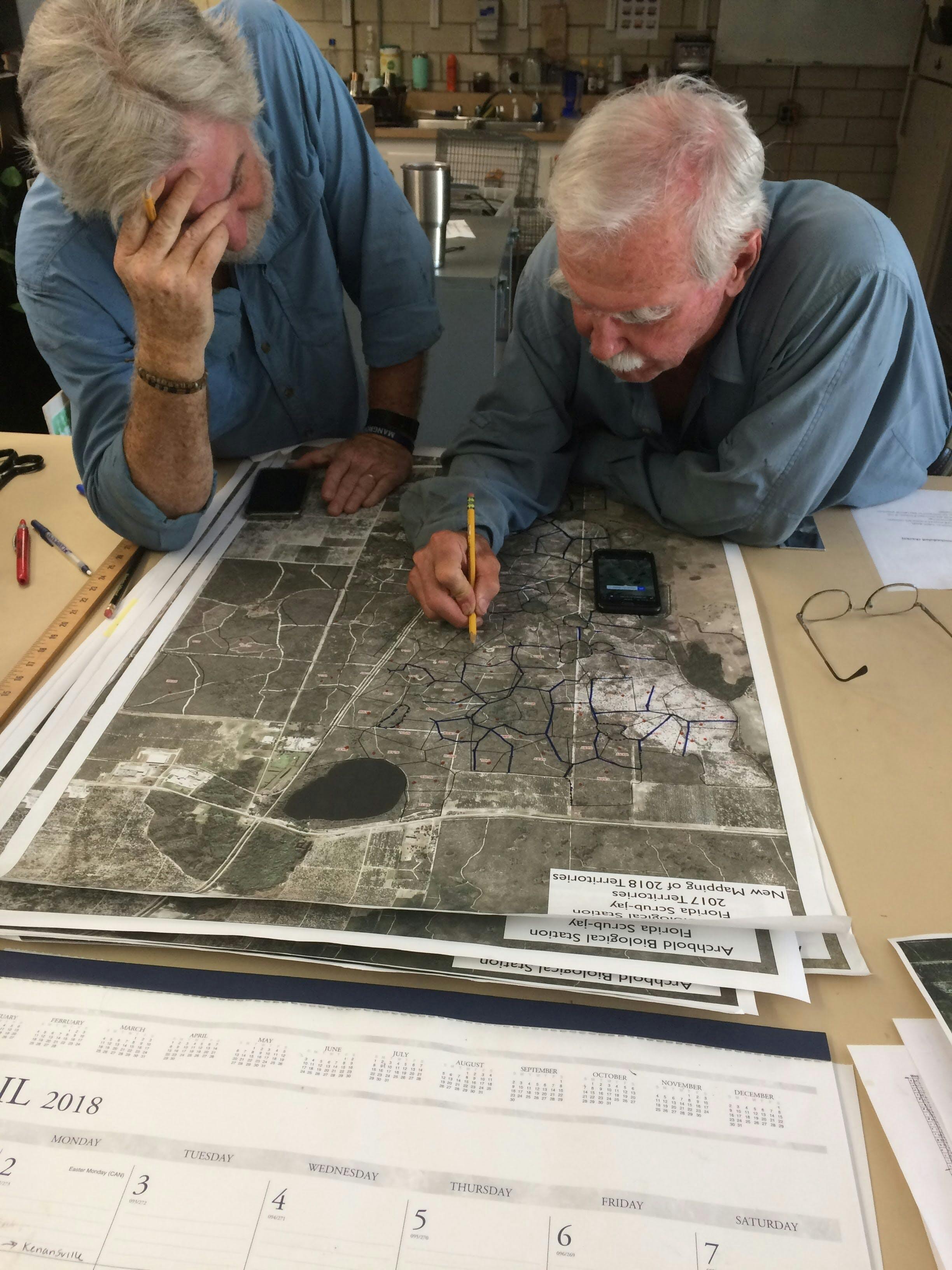 Photo by Alfredo Gonzalez
Photo by Alfredo Gonzalez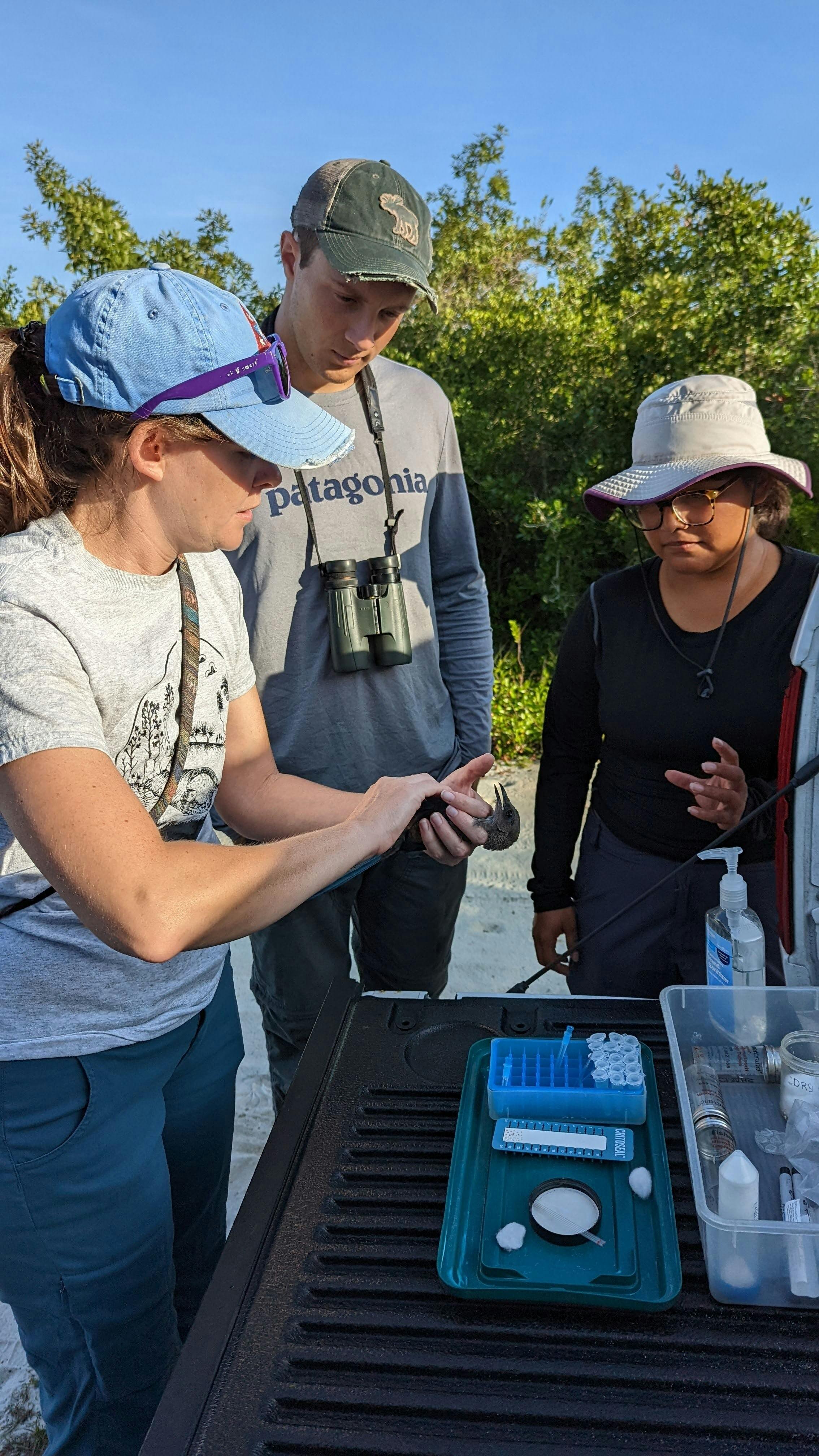 Photo by Tori Bakley
Photo by Tori BakleyFunders, Partners, Collaborators, Networks
Explore Internships in Avian Ecology
The Avian Ecology Program supports early-career scientists at different stages including post-baccalareate research interns and research assistants. Research assistants and interns gain skills in field ecology, experimental design, and data management. All scientists are encouraged to disseminate research via presentations, social media, newsletters, and scientific publications.
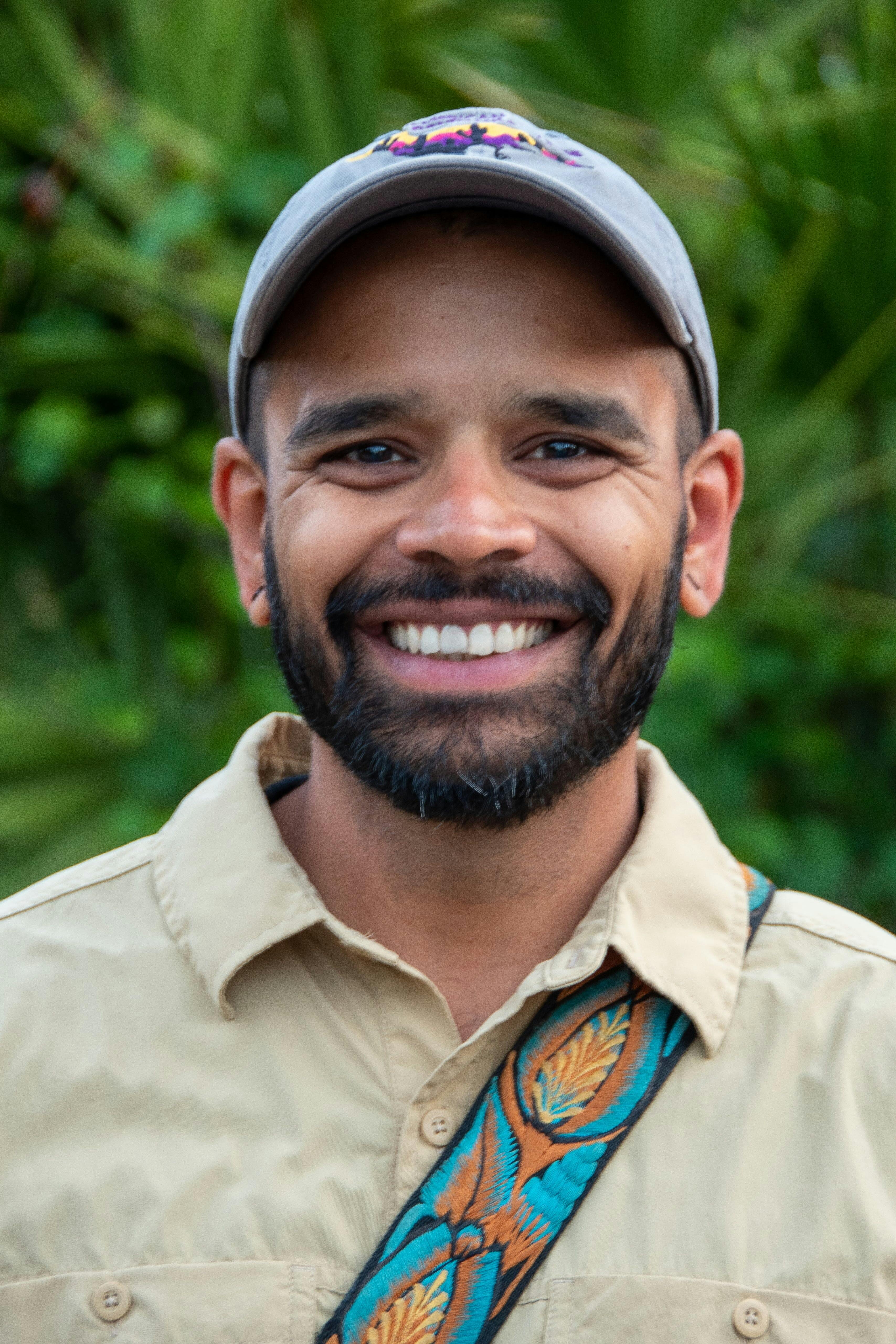
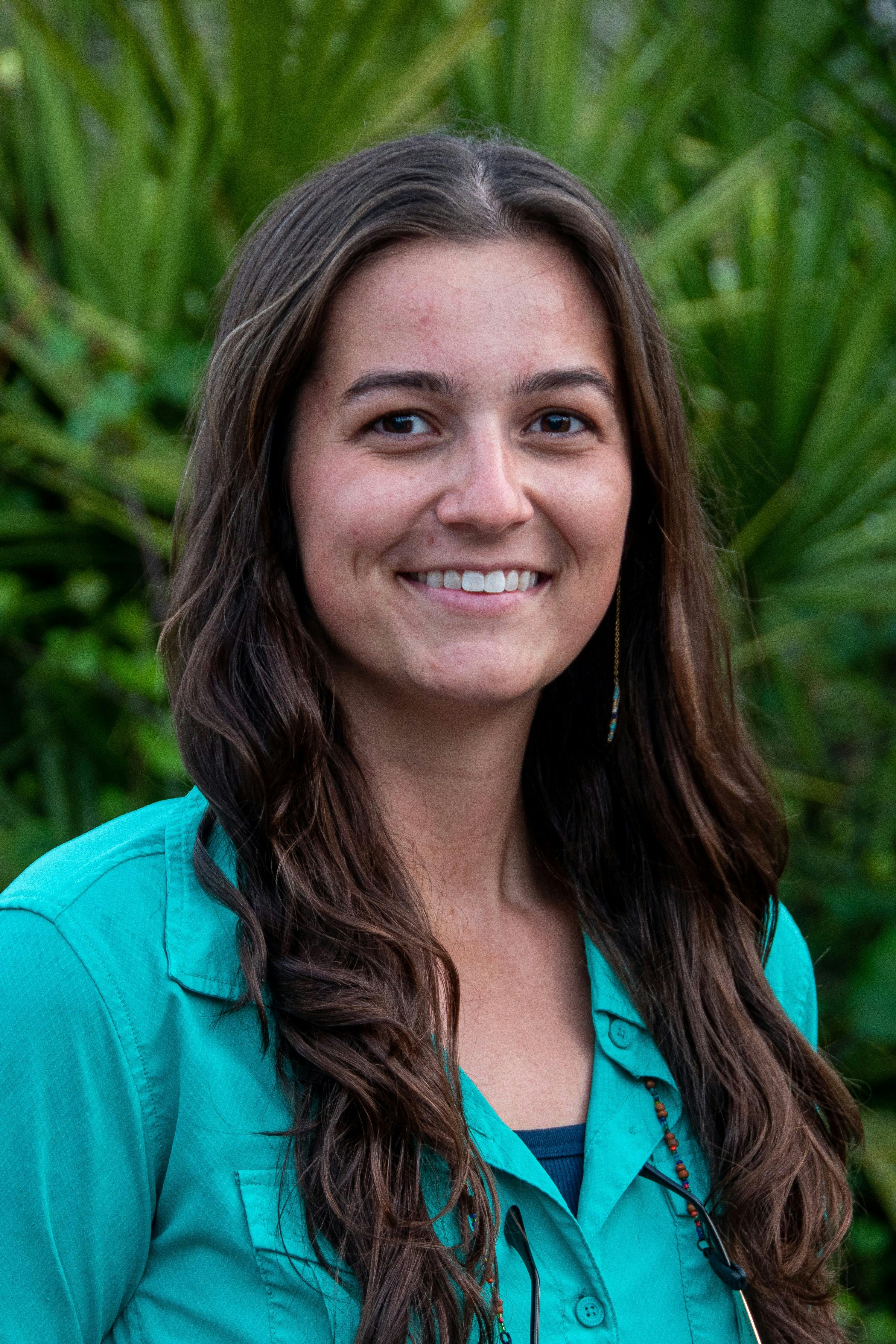
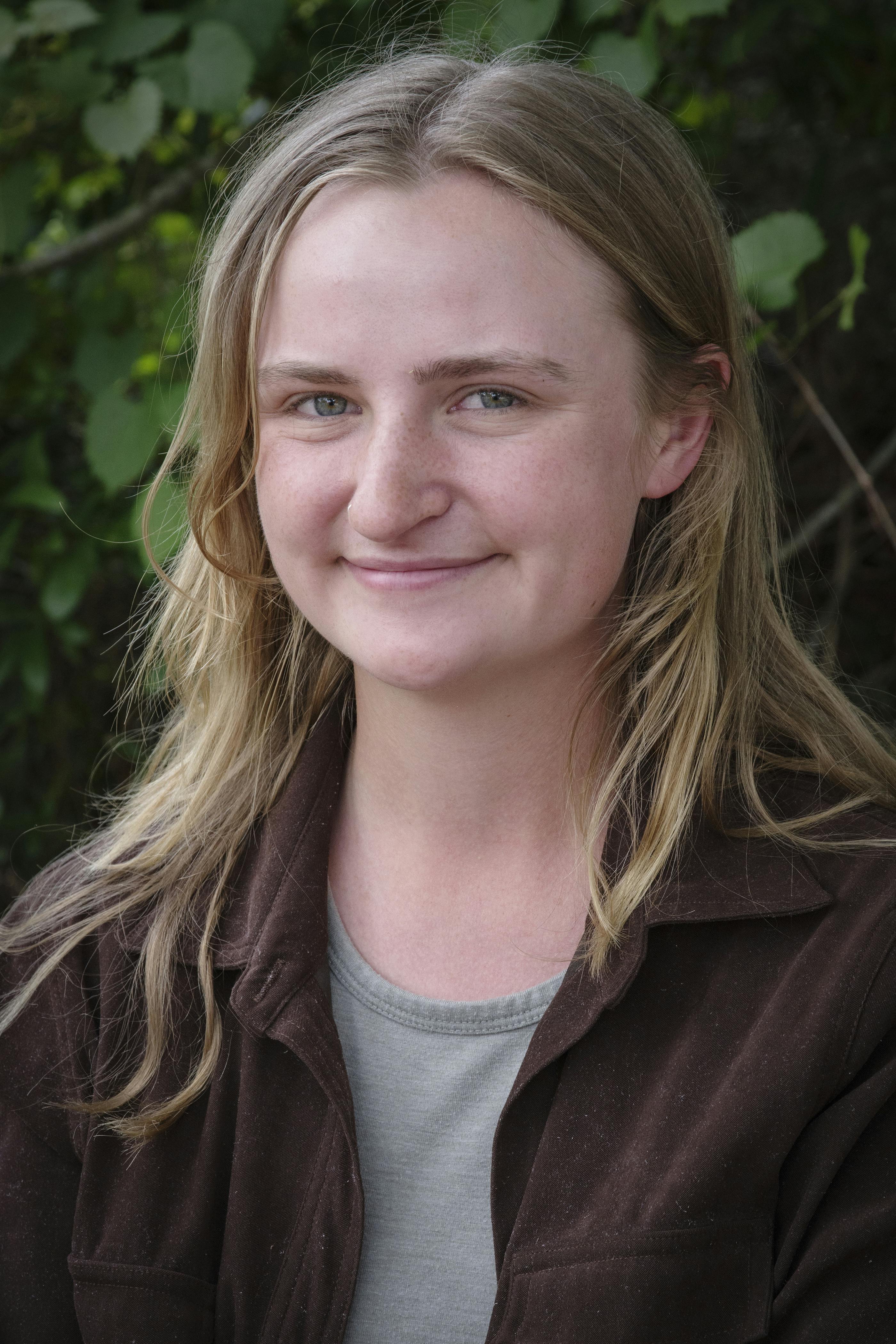
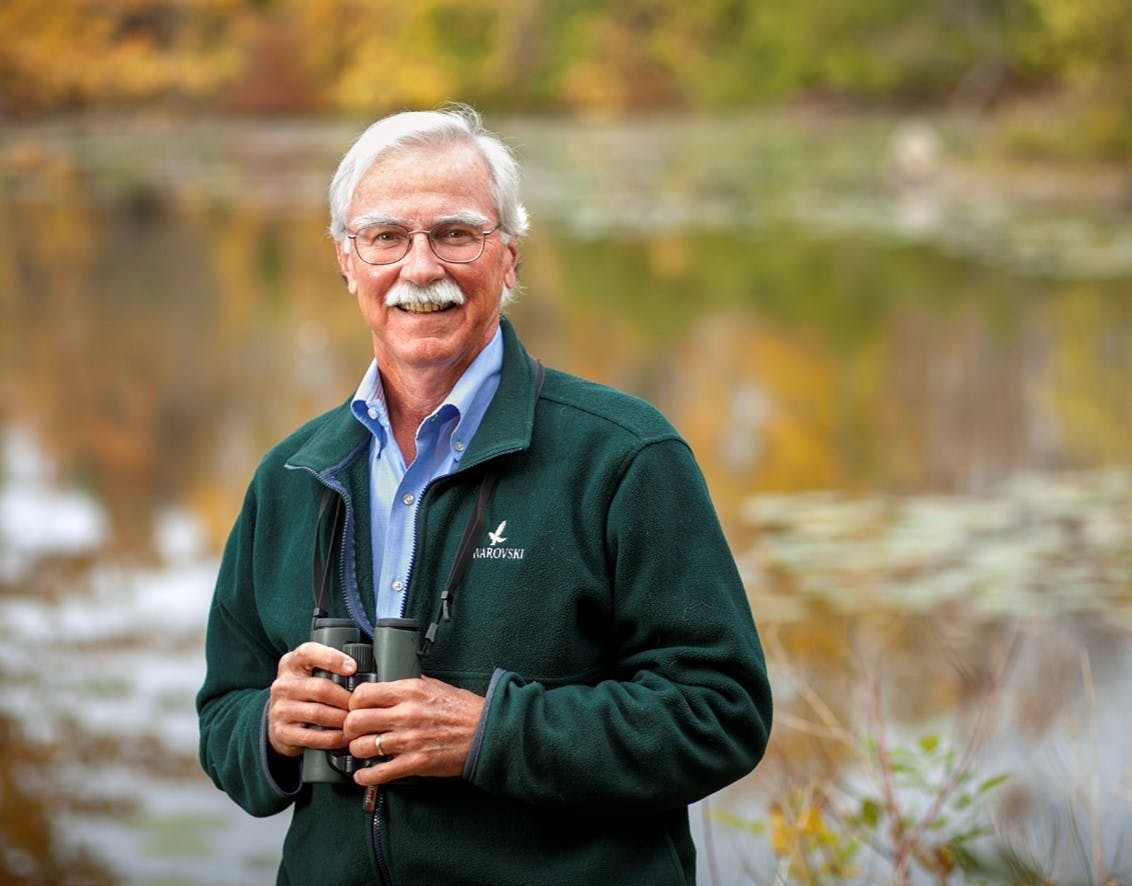
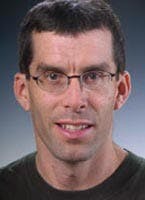

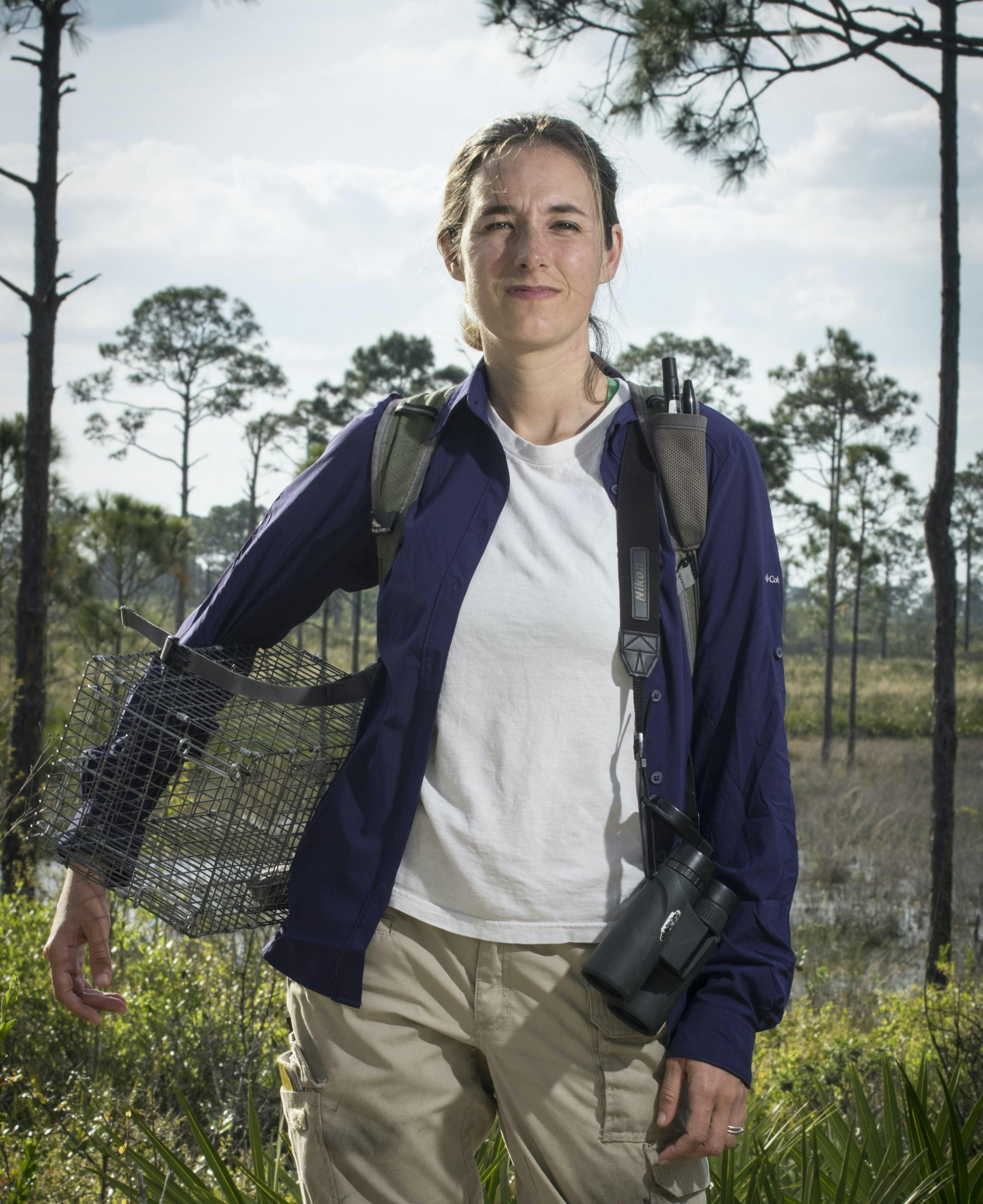
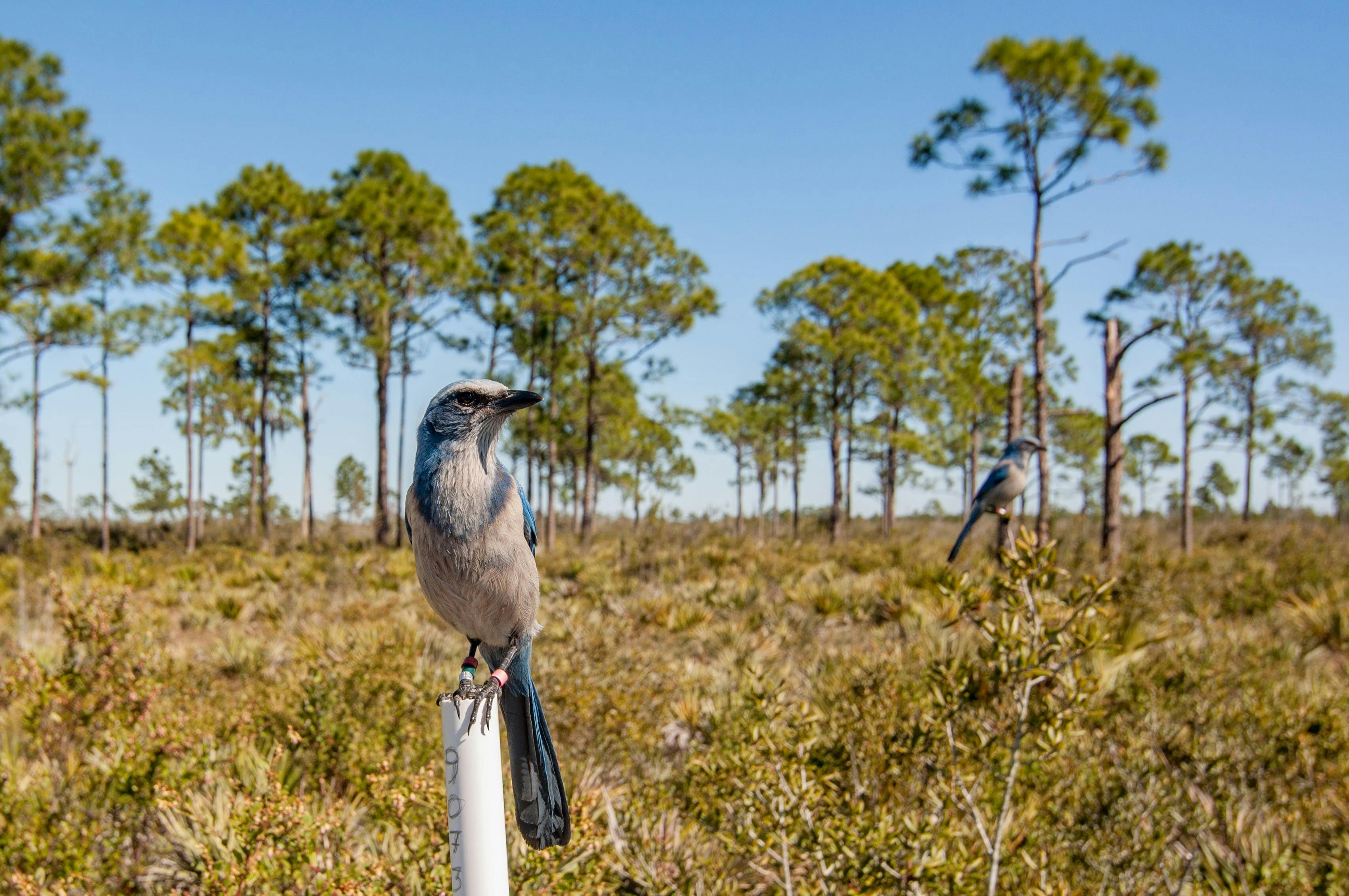
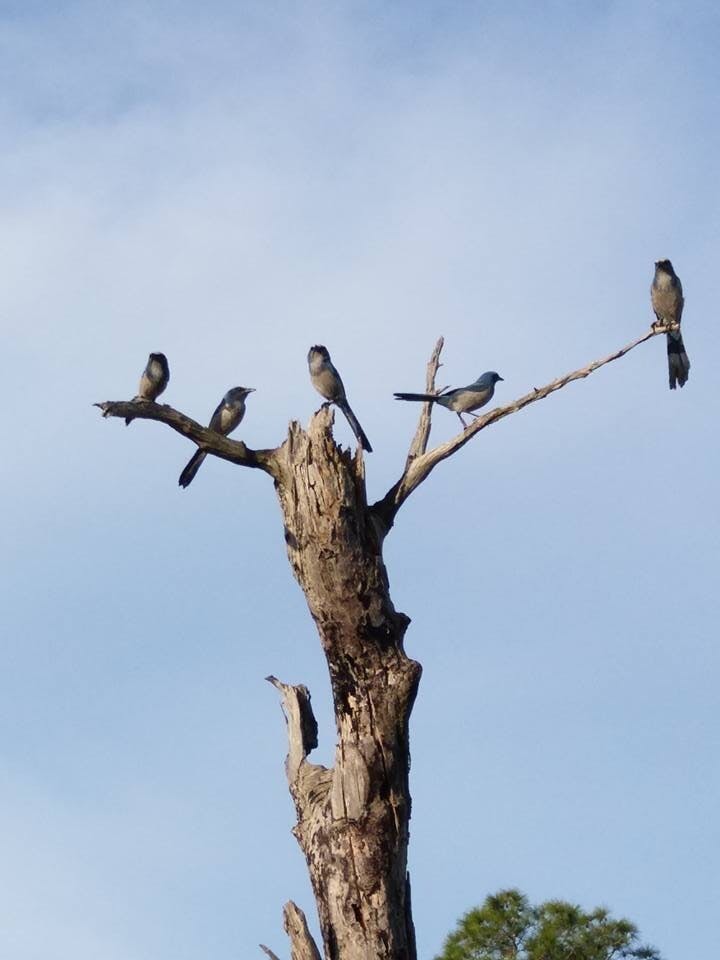
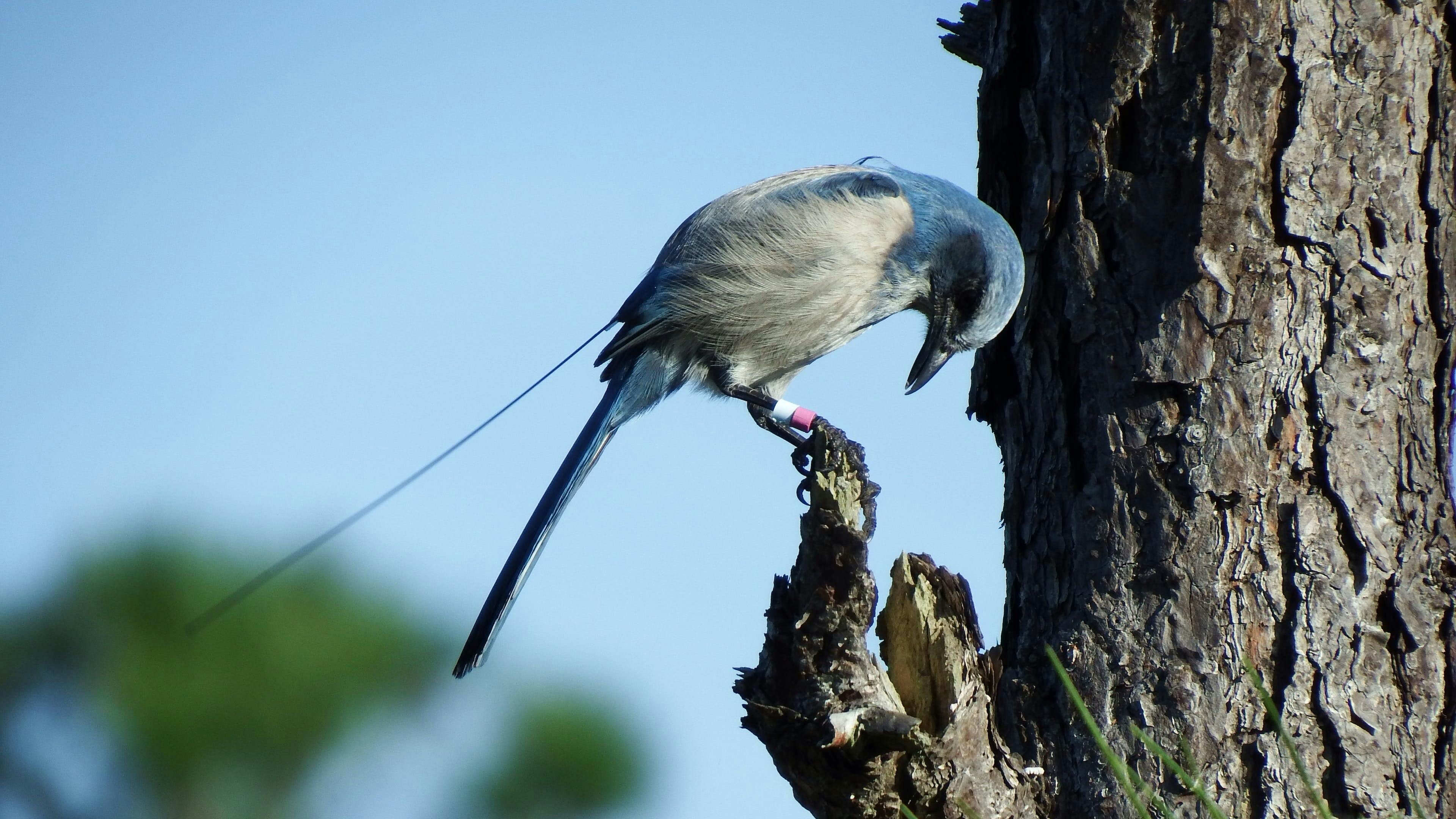
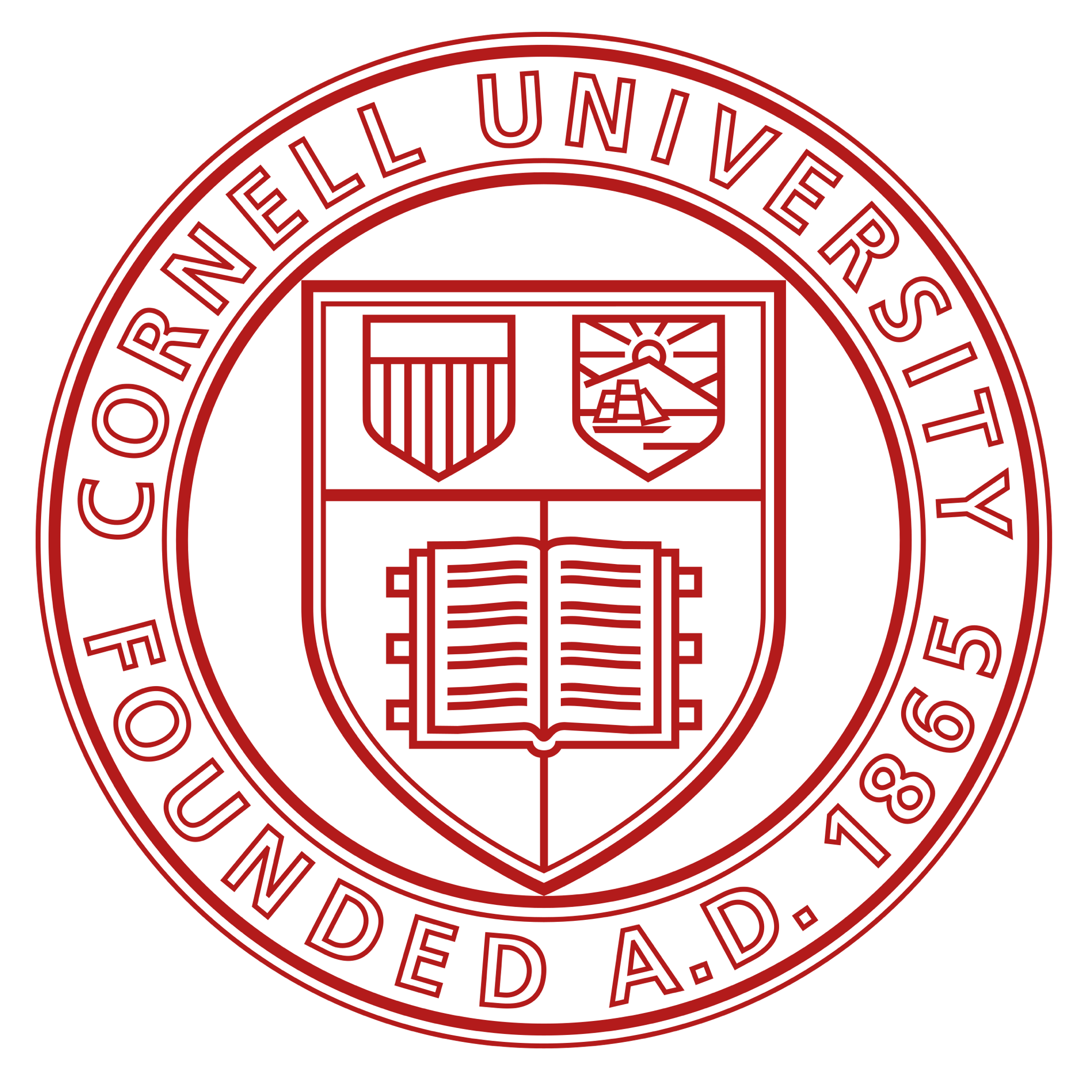
.png&w=3840&q=75)
.jpg&w=3840&q=75)